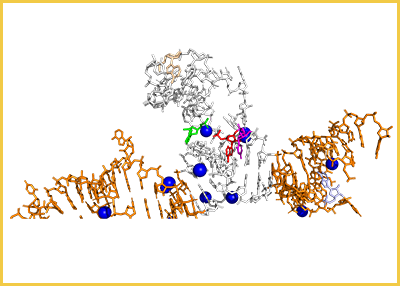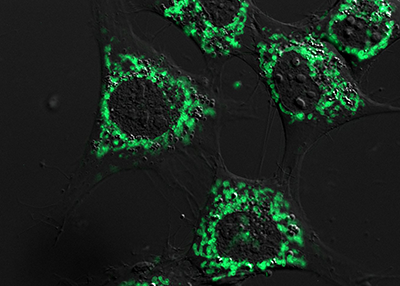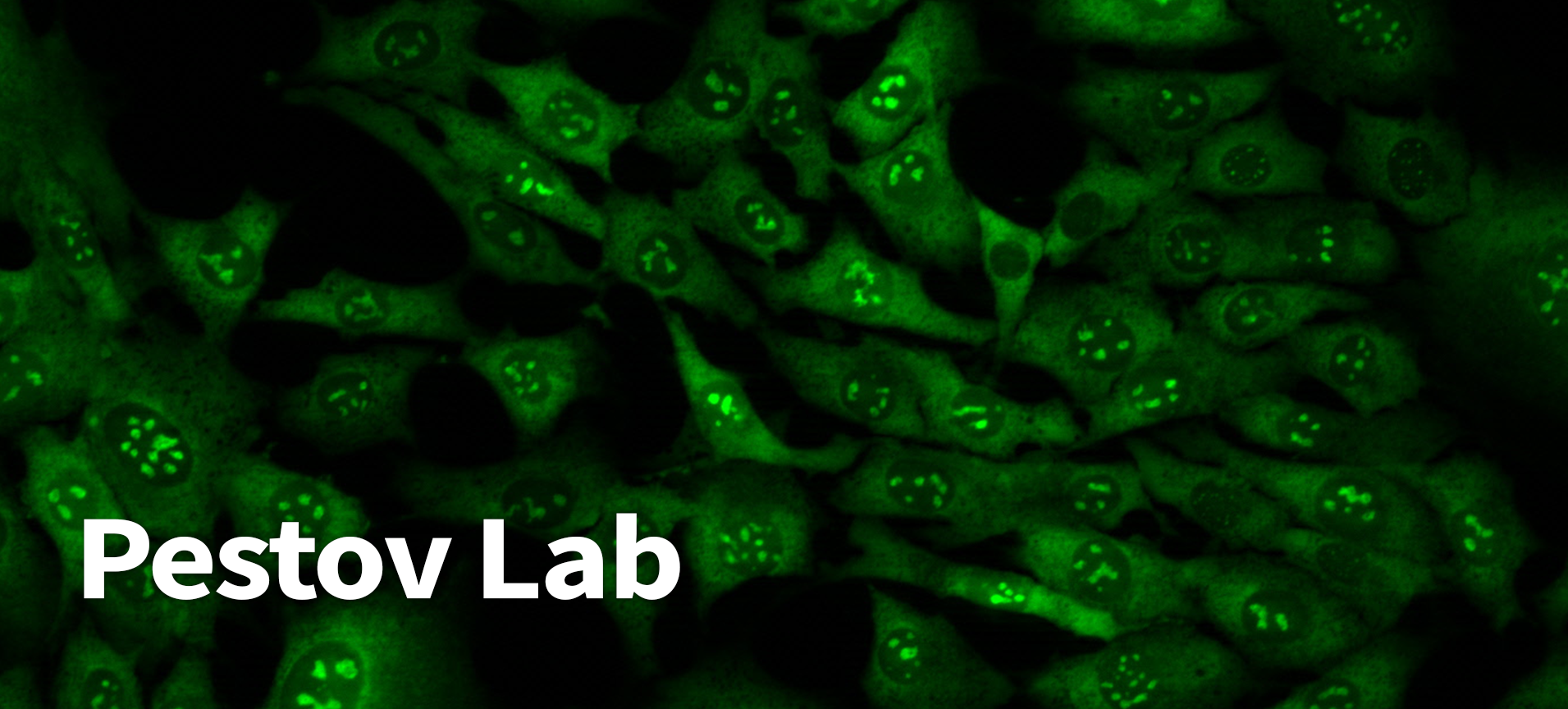Research
Research
Research
Ribosome biogenesis and its links to cancer
To synthesize proteins, cells require functional ribosomes. A typical human cell contains hundreds of thousands of ribosomes and manufactures a similar number of ribosomes with every cell division. Ribosome biogenesis, the process of building new ribosomes, is a complex molecular assembly process that employs hundreds of protein factors and small RNAs. One major interest of our lab is to understand how cells maintain the integrity of ribosome assembly under stress conditions. This is especially important for cancer biology because cells require active ribosome biogenesis to grow and many anticancer drugs directly or indirectly affect ribosome formation.
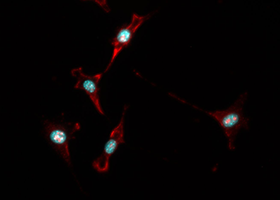

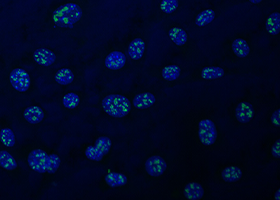
Oxidative stress-induced ribosome damage
Another major aim of our studies is to understand the molecular damage that ribosomes incur during their lifecycle in the cell. Because damaged ribosomes may function incorrectly during translation, their accumulation could be detrimental for cells that depend on a high volume of protein synthesis, such as cells in the nervous system. Together with Natalia Shcherbik’s group, we investigate ribosome damage caused by oxidative stress and perturbations in the homeostasis of iron and other transition metals. We also explore mechanisms involved in the clearance of dysfunctional ribosomes in eukaryotic cells using yeast and mammalian experimental systems.
